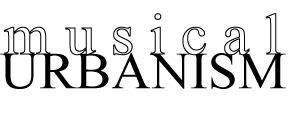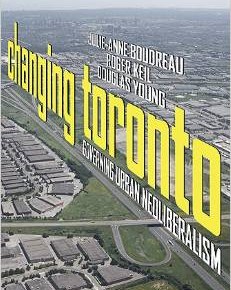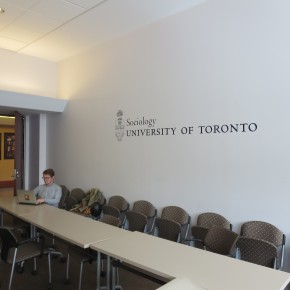
metro music: creativity, place and alienation in the career of Martha & the Muffins
[Presented at the University of Toronto Department of Sociology on May 1, 2015. Thanks to Judith Taylor and John Hannigan for this opportunity.] It’s a pleasure to speak today on a new research project I’m working on. In anticipation of this talk, I had a couple of other topics I could have lectured on with...
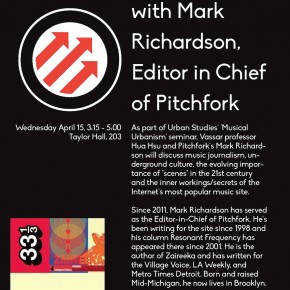
scenes in the 10.0 era: a conversation with Pitchfork editor Mark Richardson
On April 15, the Musical Urbanism seminar brought Mark Richardson, editor-in-chief at Pitchfork, to Vassar College for an informal conversation about independent music, online journalism, and the relevance of places and scenes in an era of digital music. With hardly any effort made to publicize the event, the lecture hall was packed with Vassar students....
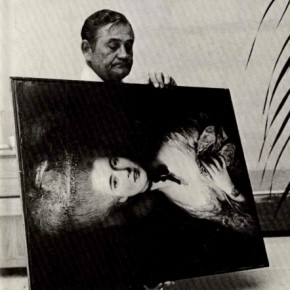
art worlds and music scenes
An interesting thing happens when you intersect two texts, Howard Becker’s essay on “Art Worlds and Collective Activity” (1982) and David Byrne’s essay on “How to Make a Scene” (2012), with each other. Somewhat anachronistically, the former enlists the latter into its thesis. To begin, Becker’s text is not especially directed toward the contemporary interest...
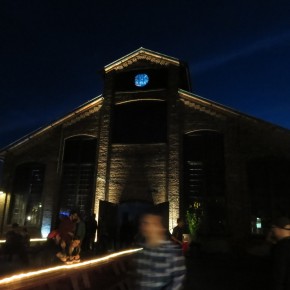
putting the Hudson Valley on the musical map: Basilica Soundscape and O+ Festival
Over the last month I’ve been writing for Sound It Out, a new music blog that covers adventurous new music from a snark-free, consumer-friendly point of view. “The music may be evil, but we’ll try not to be” is the motto. Most of my writings there are basic reviews and previews, but I’ve also contributed...
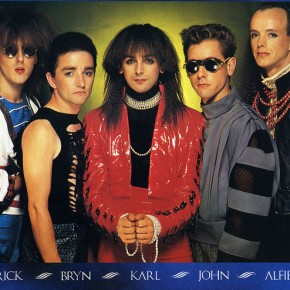
the greatest reinventions in pop-music careers, #50-41
Today I take up a question of pop-culture history: which performers made the most unexpected left turns with their careers? I farmed this question out awhile back to readers of this blog, and today I start filing the results based on my own subjective assessment. Debate and criticisms are welcome in the comment section (or,...
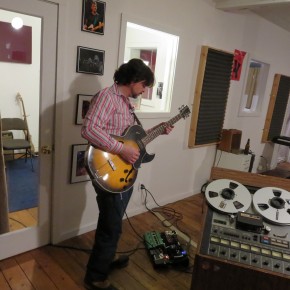
music for being: notes from an adult rock band party
In urbanists’ excitement over music scenes and the desirability of “social and interactive street-level culture” (to invoke Richard Florida), it’s easy to lose sight of whether there’s any value to all of this besides promoting careers and urban economies. Does “enriching creative communities” actually involve extending the practice of creativity into people’s everyday lives? Or...
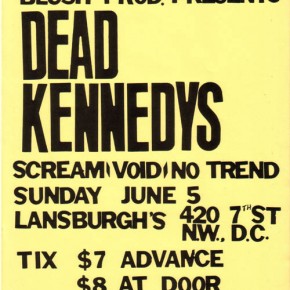
the view from suburbia: Dead Kennedys, Washington DC, 6-5-83
It’s been said 14 is the influential age in the development of our musical tastes. That was the case for me: I find I regularly return to the music that I explored and embraced as my own back around 1983. It wasn’t just what I heard that has shaped my ideas about ‘good’ music, though,...
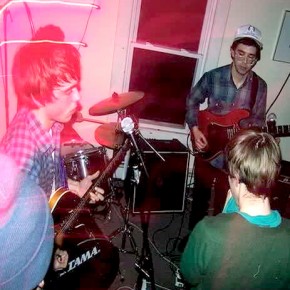
studying the college music scene and beyond
Remember the bands that formed in college? You heard them at dorm parties, frat parties, apartment parties, the campus bar, battle-of-the-bands competitions, and impromptu outdoor settings. They practiced in dorm rooms, dorm basements, conservatory and theater rooms, backyard sheds, and laundry rooms, amusing/irritating neighbors and passers-by. Many college rockers and rappers dreamed of making it...
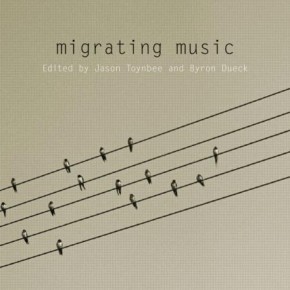
listening to home, encountering the other: book review of “Migrating Music”
The settlement of foreign-born ethnic migrants has to be the oldest source of urban vitality. It’s also a wellspring of musical innovation. Might the latter connection offer insights into the modern city? That’s always my hope when I read books like Migrating Music (Routledge, 2012). Edited by Jayson Toynbee and Byron Dueck, this volume addresses the cultural...
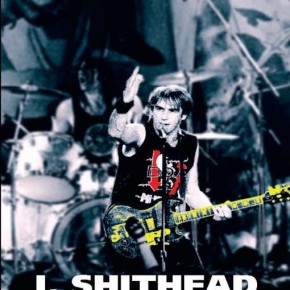
weird scenes from the 5 and the TCH: metropolitan structure and rock in Canada
It was November 1977, and it was the first time any of us had traversed our home and native land. We soon found out what a big-ass country Canada is. The ground in Saskatchewan was covered with snow, and it was so fucking flat that you could see a grain elevator miles away. It looked...
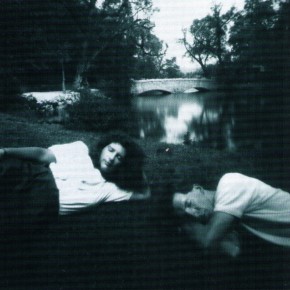
a place that is lost: the geographical visions of Martha and the Muffins
I’ve been drawn instinctively toward the music, aesthetics and story of Martha and the Muffins since I heard their debut album some 30 years ago. In my teenage years I would have ranked their 1983 album Danseparc one of my desert island discs (I still might, come to think of it). My tastes evolved toward the...
